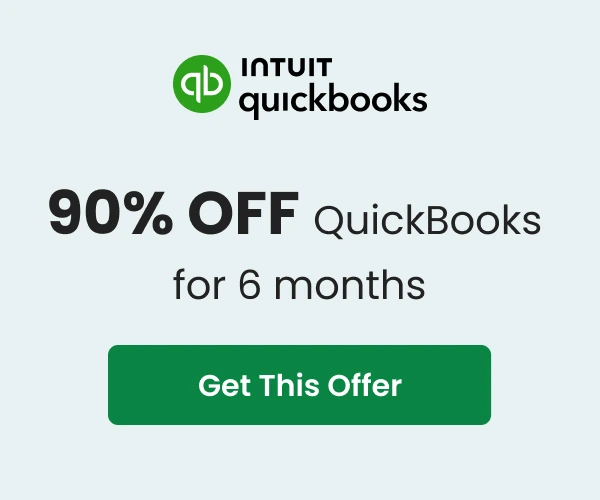Bolt Business is redefining business mobility management for 2025, enabling organizations to streamline company travel, automate expense reports, and centralize invoicing, all while keeping costs transparent and journeys seamless. Entrepreneurs, SMBs, and scaling teams are increasingly turning to Bolt Business to eliminate manual travel-related admin and refocus on core operations.
From Launch to 2026: Bolt Business Evolution Timeline
- 2017: Bolt introduces Bolt Business to address growing B2B demand for efficient corporate ride solutions in Europe.
- 2019: Global expansion accelerates; launches new capabilities for monthly invoicing, expense automation, and bulk ride management.
- 2022: Advanced controls for policy management, reporting, and account hierarchies debut.
- 2024: Platform pivots to enable API integrations, analytics dashboards, and real-time notifications.
- 2025: Bolt Business positions itself as the all-in-one SaaS platform for company travel—adding sustainability analytics and procurement marketplace integrations.

Key Features: Smarter Business Mobility
- Expense Automation: Automatically generates expense reports and consolidates payments for reduced overhead.
- Centralized Billing: Monthly invoicing for all business rides, eliminating the need for individual employee reimbursements.
- Policy Management: Customizable travel rules by user, team, department, or project to prevent unauthorized spending.
- Real-Time Analytics: Dashboards and CSV export for ride, spend, and CO2 data.
- Team & User Roles: Add/remove users, set permissions, and group employees for streamlined permissions.
- Airport Transfers & Courtesy Rides: Book and manage airport shuttles, guest or VIP rides on a single account.
- Integrations: Connect Bolt Business with leading expense and HR systems (planned, 2025).
Workflow & User Experience
- Self-service web portal—no software installations required.
- Mobile app integration; employees ride with the familiar Bolt app, business journeys billed centrally.
- Admins get unified access to billing, reporting, and policy setups.
- Intuitive onboarding and fast user provisioning for scaling teams.
Bolt Business Pricing
| Plan | Best For | Key Features | Pricing (est.) |
|---|---|---|---|
| Business Core | SMBs, startups | Unified billing, basic analytics, expense automation | Free (pay-per-ride) |
| Business Plus | Scaling teams, agencies | Policy controls, bulk & scheduled rides, advanced reporting | Custom/Volume-based |
| Enterprise | Corporates, large organizations | API access, SSO, procurement integrations, dedicated CSM | Quote |
Bolt Business vs. Leading Alternatives
| Bolt Business | Uber for Business | Lyft Business | |
|---|---|---|---|
| Global Coverage | 50+ countries | 70+ countries | USA/CA |
| Expense Automation | Yes | Yes | Basic |
| Policy Controls | Granular | Standard | Standard |
| Monthly Billing | Yes | Yes | Yes |
| API/SSO | Enterprise | Business+ | Business+ |
| Sustainability Reporting | 2025+ | Limited | No |
| Support | Email, chat | Email, phone |
Pro Tip: For SMBs in Europe or Africa, Bolt Business can offer significantly lower ride prices and faster local support compared to US-centric competitors. Consider combining Bolt with your expense tools for best-in-class automation.
Integrations
- Seamless exports to major accounting platforms (Xero, QuickBooks)
- API access and HRIS integrations (Enterprise plans, roadmap 2025)
- Email forwarding, SSO support (Google, Microsoft AD)
Pros & Cons
| Pros | Cons |
|---|---|
|
|
Final Thoughts
- Bolt Business delivers an agile SaaS platform for organizations looking to reduce travel admin, improve spend compliance, and centralize mobility in a single pane of glass.
- SMBs and global teams needing expense automation and local ride coverage will find Bolt’s approach especially attractive for 2025.
- While some integrations and advanced controls require the top plan, core ride and expense features remain pay-per-use—ideal for growing companies.
Bolt Business FAQ
Yes, it meets GDPR standards and supports HIPAA via a signed BAA on eligible plans.
Yes, white-label portals support your domain, favicon, and brand visuals.
Ideal for consultants, service firms, and SMBs needing streamlined collaboration.
No—integrates with both. Stripe powers payments; QuickBooks handles accounting.
All plans include chat/email; premium tiers add onboarding and 1:1 setup help.
This post may contain affiliate links and we may earn commissions. Learn more in our disclosure.


